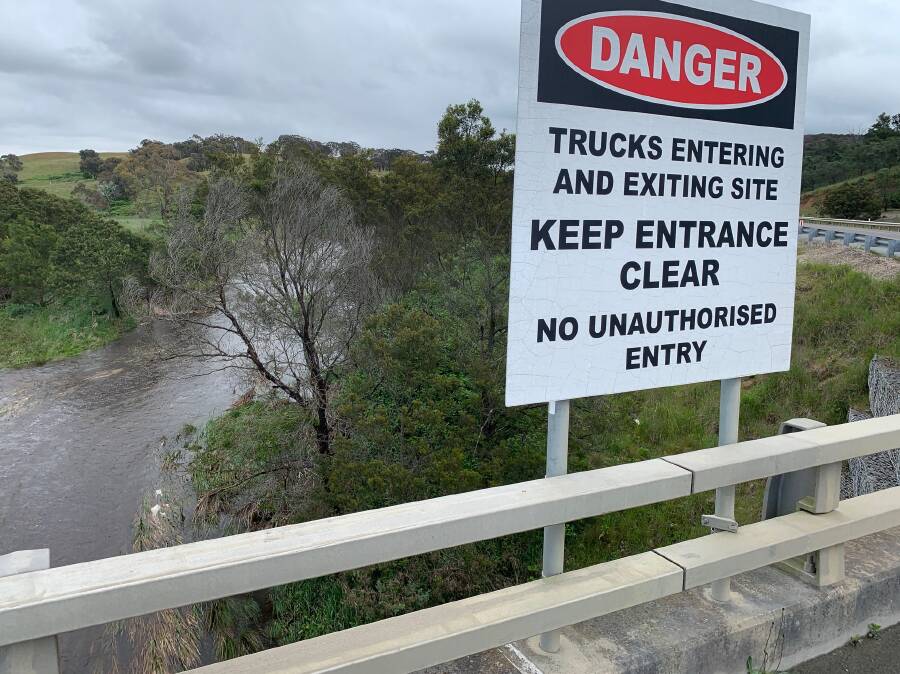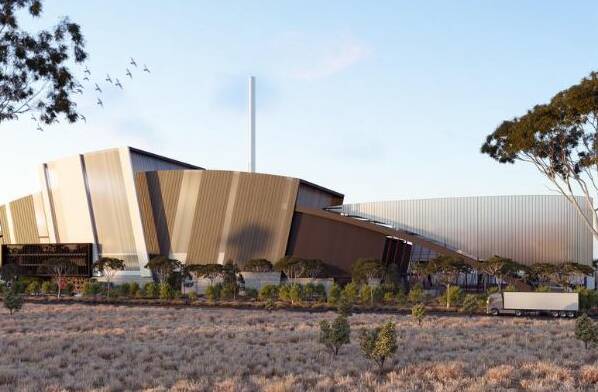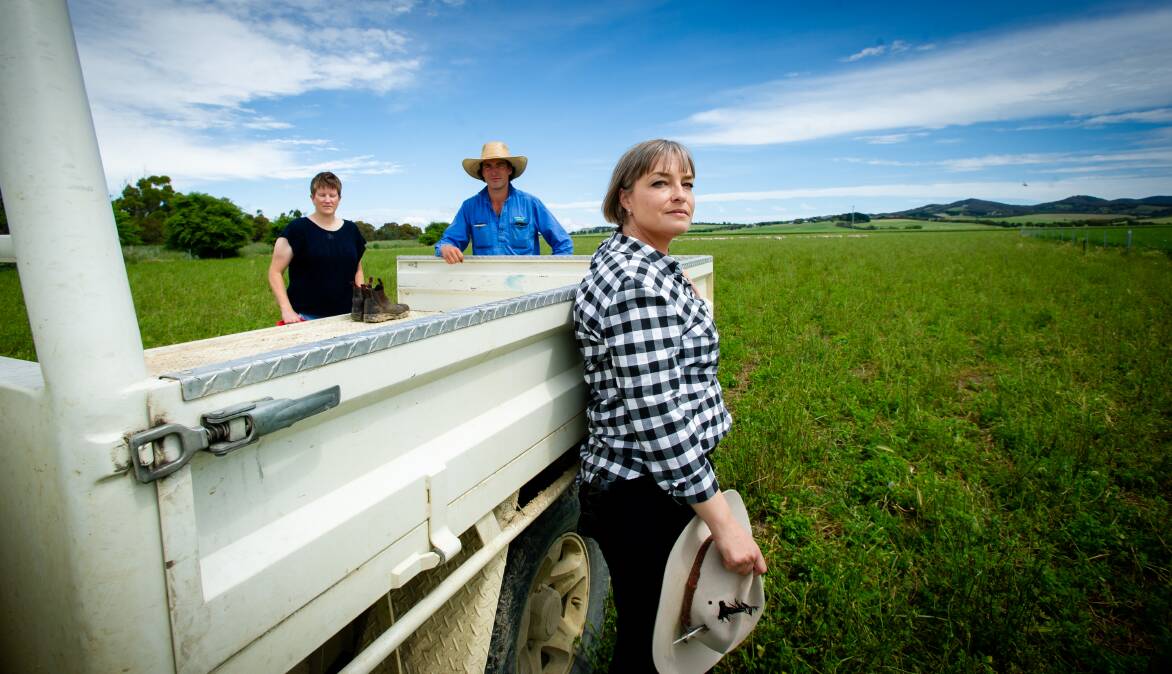
Multinational waste-handling giant Veolia has admitted to breaching environmental guidelines at its Woodlawn facility near Tarago just days before releasing its environmental impact study promoting a huge $600 million expansion of the operation.
The breach, in which material spilled out from the so-called "zero-discharge" site and contaminated local groundwater, has further ignited community outrage over Veolia's future plans to build a massive incinerator at Woodlawn to burn the Sydney-sourced putrescible waste it currently dumps into a disused open-cut mine.
As a result of the latest breach, the company has been ordered by the NSW Environmental Protection Authority to immediately begin testing local groundwater bores for a broad range of highly toxic substances such as arsenic, barium, cadmium, ethyl benzene and mercury.
To further compound the company's woes, the three remaining members of the local community representative committee have resigned in protest less than a week after the environmental study went public.
One of those who resigned from the community committee, Cid Riley, warned Canberrans they should not assume the proposed incinerator won't affect the ACT's air quality.
"I don't think people in the Canberra region realise that the pollution from the incinerator could impact air and water quality of the entire region," he said.
"It was bad enough with the 2019 bushfires. Imagine poor air quality every day for 30 years."
Veolia has been keen to reassure locals it can physically contain the hundreds of tonnes of ash and other hazardous waste the incinerator will generate, and that the gaseous effluents from the burning won't be of harm to the surrounding farms, residents' tankwater and the Tarago township.
However, its reassurances around containment appear flimsy after it admitted it had seepage issues from its containment dams as far back as 2017.
Any leachate which escapes the company's containment dams flow into Crisps Creek, which then drains into Lake Bathurst.

In September this year Veolia advised the EPA that a dam liner had partially failed and that another breach had occurred.
Veolia blamed "significant rainfall" as contributing to the issue in which it said "an emergency measure was put in place to contain all liquids within the site. There is no evidence that this emergency measure has caused harm to any waterways".
"Veolia's Woodlawn Eco Precinct is a zero-discharge site. Its activities are designed to remediate the land to safeguard the community and the environment following previous mining operations.
"Veolia works closely with the EPA and undertakes extensive and ongoing monitoring of the surrounding area to ensure people, wildlife and waterways are protected."
Local opposition resident group, Communities Against The Tarago Incinerator, say this latest breach offers proof the company had been breaching its environmental guidelines for years - "but the maximum the company can be fined is $15,000 per breach, which is what Veolia sees as the cost of doing business".
In the prevention notice issued to Veolia, the EPA noted the leachate - the watery effluent from the putrescible waste - was dealt with "in a manner where it could cause pollution of waters, in particular groundwater".

It added "there are reasonable and feasible measures that Veolia could have taken to prevent the potential for pollution of waters".
The company claimed incineration was "more sustainable" than landfill and "is already safely being used in developed countries around the world".
Local resident Paige Davis said she felt powerless in the face of the millions of dollars in lobbying clout Veolia can call on, but said the latest breach showed the company "can't be trusted to control the current waste-dumping operation, let alone all the even more toxic materials which will be generated when the incinerator burns plastics and all manner of other material".
We've made it a whole lot easier for you to have your say. Our new comment platform requires only one log-in to access articles and to join the discussion on The Canberra Times website. Find out how to register so you can enjoy civil, friendly and engaging discussions. See our moderation policy here.







